I just came back from a beautiful place in Portugal, Covilhã, where I went to deliver teaching to the Department of Management and Economics (Faculty of Humanity and Social Sciences, UBI) students. Covilhã is a city surrounded by mountains.
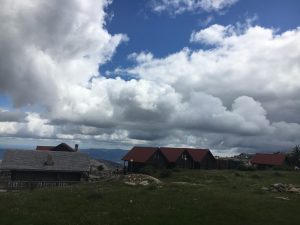
Serra da Estrela is the highest mountain range in Continental Portugal
It is because of its location, access to water and forest, the city was chosen as the Portugal’s centre of wool and fabrics making. In fact, Covilhã used be known as Portuguese Manchester. However, industrial crises led to a close of numerous factories, with these that are left operating now mainly producing wool for export purposes. Streets of Covilhã are continuous reminder of its heritage and history via unique street art.
-

-
Street art (1), Covilhã
-

-
Street art (2), Covilhã
-

-
Street art (3), Covilhã
-

-
Street art (4), Covilhã
UBI is a public university that was established in 1973 as Polytechnic Institute (hence very similar to BU). Currently, UBI hosts more than 7000 students who study across five faculties, Arts and Letters, Sciences, Health Sciences, Human and Social Sciences, and Engineering.

UBI – main campus
The BU-UBI Erasmus staff exchange partnership was first established by Professor Chris Shiel back in 2010. As it stands both institutions have not extended the partnership to cover student exchange because up until now UBI has not delivered their content in English. While teaching digital marketing to both undergraduate and postgraduate students, I have met many Erasmus+ exchange students who came to UBI from Bulgaria, Poland, Spain and Brazil.
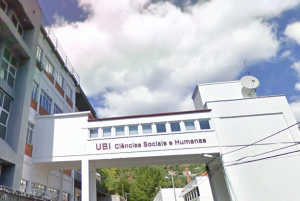
UBI – Faculty of Human and Social Sciences
Majority of students expected teaching delivery in English and for this reason, as well as increasing interest towards UBI from EU students, from September 2018 the Department of Management and Economics starts delivery of their business and management courses in English. In light of such positive improvements, it is worth for us reviewing our Erasmus partnership with UBI.
Back to main focus of this post: this teaching opportunity was my first experience of teaching outside the UK and Russia, and first experience of engaging with Erasmus+. My teaching content and learning outcomes were agreed prior to the visit. I was down to teach aspects of e-commerce [I decided to talk about Headless Commerce instead] to final year BA (Hons) Marketing (1st cycle programme) students and digital marketing communications to MA Marketing (2nd cycle programme) students. In both cases students had not covered the topics previously so my aim was to introduce these, explain basics, critique applications and instil interest to read further. I did, however, felt nervous about the language, the pace of teaching and students’ understanding of concepts which might not have been applicable to the context of Portugal. All these fears disappeared as soon as I went to the classroom, saw students and started teaching. Both UG and PG students were extremely engaged with the content. In fact they were complimentary of visual images and infographics.

with final year BA (Hons) Marketing students
Students engaged in discussions as they could easily apply theory to practice and share examples of social commerce or search engine marketing from personal experiences. In fact, I experienced what I could call a teaching co-creation process that benefited both I and students. Students learnt from my UK-based examples and I have learnt so much from students on how digital marketing is done in Portugal. Together we debated nuances of newly implemented GDPR – this sparked so much interest. Being an advocate of digital pedagogy via extending classroom engagement to social media spaces, I had to offer an opportunity to UBI students to connect with me on Twitter, Facebook and LinkedIn. Many of them were surprised and connected immediately. Strangely UBI academics were asking me about this as they were surprised how quickly I persuaded students to engage. I shared with UBI academics few links to BU’s TEL videos and they were quite intrigued by an institution wide initiative to encourage use of educational technology to enhance student experience.
Having spent five days within UBI’s walls (28.05.2018-1.06.2018), I managed not only to deliver teaching but also network with UBI’s academics, present my research (in particular recently accepted research paper on deployment of mobile technology by creative B2B SMEs and its impact on service innovation practices) and deliver a session on netnographic methodology to UBI’s academics and PhD researchers (some of whom came to Covilhã from Brazil).
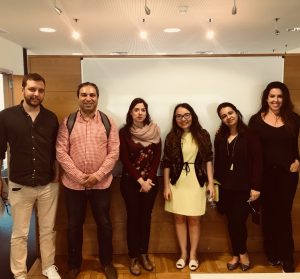
with the UBI academics and PhD researchers
Moreover, the visit was a fantastic opportunity to promote the upcoming 17th International Annual Congress on Public and Nonprofit Marketing that takes place in Bournemouth on 6-7 September 2018. Deadline for abstract submission was extended to 2nd July, so if your research covers public and nonprofit contexts, then hurry up and submit your abstract via: https://www1.bournemouth.ac.uk/about/our-faculties/business-school/department-marketing/international-congress-public-nonprofit-marketing/theme-submission-details
Finally, as somebody who now lives and breathes Fusion my visit could not be all about teaching. In relation to a joint BU-UBI research, Dr Arminda do Paço and Dr Helena Alves are now working with me on two projects, (1) trust and communication, linked to the Faculty of Management QR-funded project on Trust Repair; and (2) circular economy – a comparative study of consumers’ perceptions in the UK and Portugal. Work on both projects is at the conceptualisation level with the team planning to seek an ethics approval in July and commencing data collection by end of July 2018. To keep up to date with developments connect with me on Twitter or read my work on ResearchGate. In relation to professional practice linked to future research and education, I was privileged to visit the UBI’s Wool Museum.
-

-
Wool museum (1)
-

-
Wool museum (2)
-
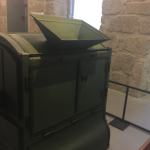
-
Wool museum (3)
It has been an amazing experience to hear all about sustainable manufacturing and business practices adopted by wool making factories, practices which are challenged by fast fashion and postmodern consumerism. Sustainability is one of the UN’s, EU’s and the UK’s key research areas. Dr Arminda do Paço and I are now discussing potential to work on joint research involving industrial partners as well as opportunities to organise international field trips for BA Business Studies, BSc Marketing and BA Retail Management students.
In conclusion, this week in Portugal was busy and at the start nerve wrecking, but overall extremely positive and led to many more exciting opportunities for BU and UBI to foster our partnership, work on international research, share best practice in teaching and learning and meet again in a sunny Bournemouth this September.
If you wish to experience something new, share and enhance your teaching practices, I would highly recommend to apply for the Erasmus+ Staff Mobility Teaching funding.
Elvira Bolat, Global Engagement Lead (Department of Marketing), Senior Lecturer in Marketing (The Business School), e-mail: ebolat@bournemouth.ac.uk















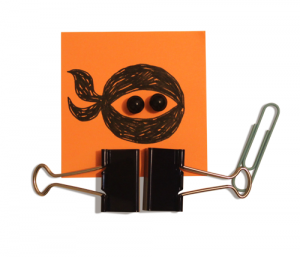

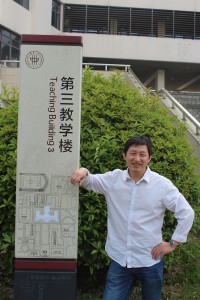
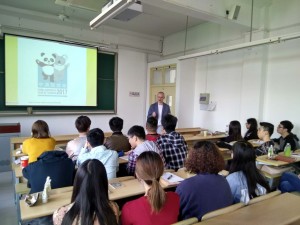
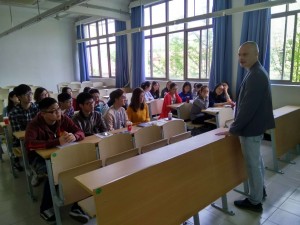
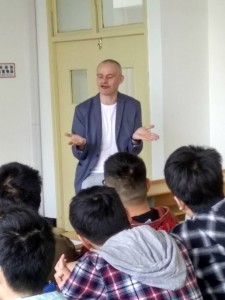
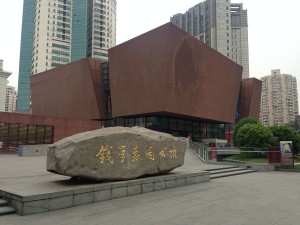
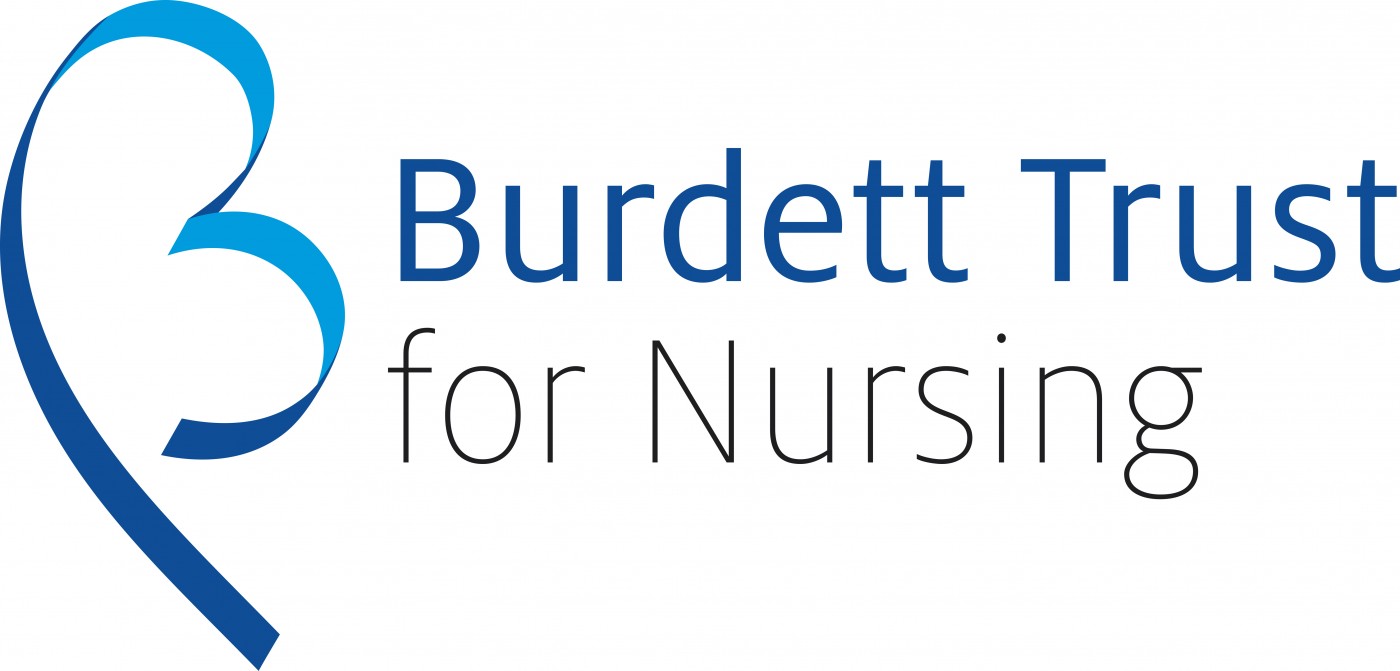

 The next Researchfish submission period will run in February/March 2017. The key dates and policies for the 2017 exercise are detailed below…
The next Researchfish submission period will run in February/March 2017. The key dates and policies for the 2017 exercise are detailed below…
 We’ve been informed by RCUK that the next Researchfish submission period will run in February/March 2017. The key dates and policies for the 2017 exercise are detailed below…
We’ve been informed by RCUK that the next Researchfish submission period will run in February/March 2017. The key dates and policies for the 2017 exercise are detailed below…










 Upcoming opportunities for PGRs – collaborate externally
Upcoming opportunities for PGRs – collaborate externally BU involved in new MRF dissemination grant
BU involved in new MRF dissemination grant New COVID-19 publication
New COVID-19 publication Conversation article: London Marathon – how visually impaired people run
Conversation article: London Marathon – how visually impaired people run MSCA Postdoctoral Fellowships 2024
MSCA Postdoctoral Fellowships 2024 Horizon Europe News – December 2023
Horizon Europe News – December 2023